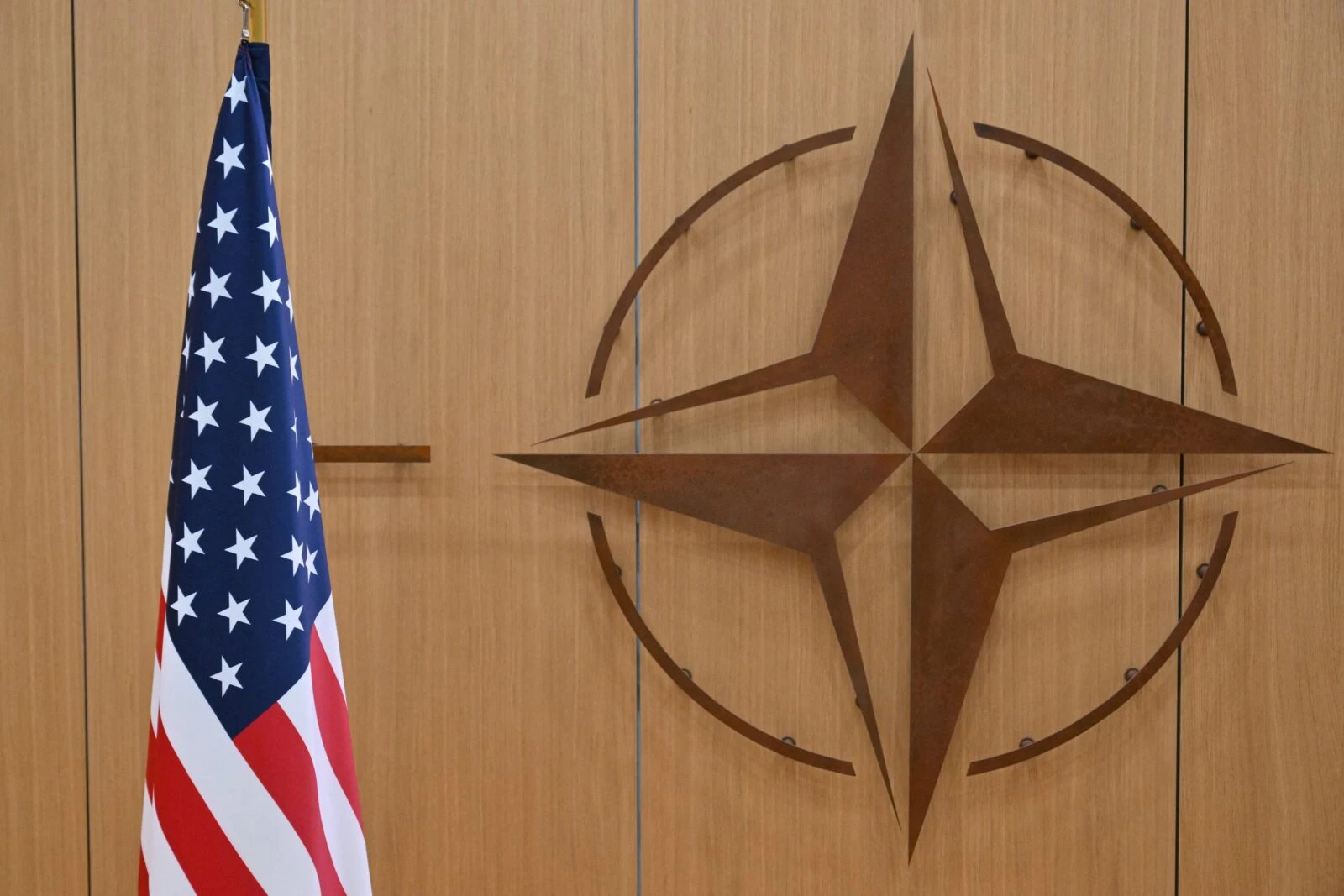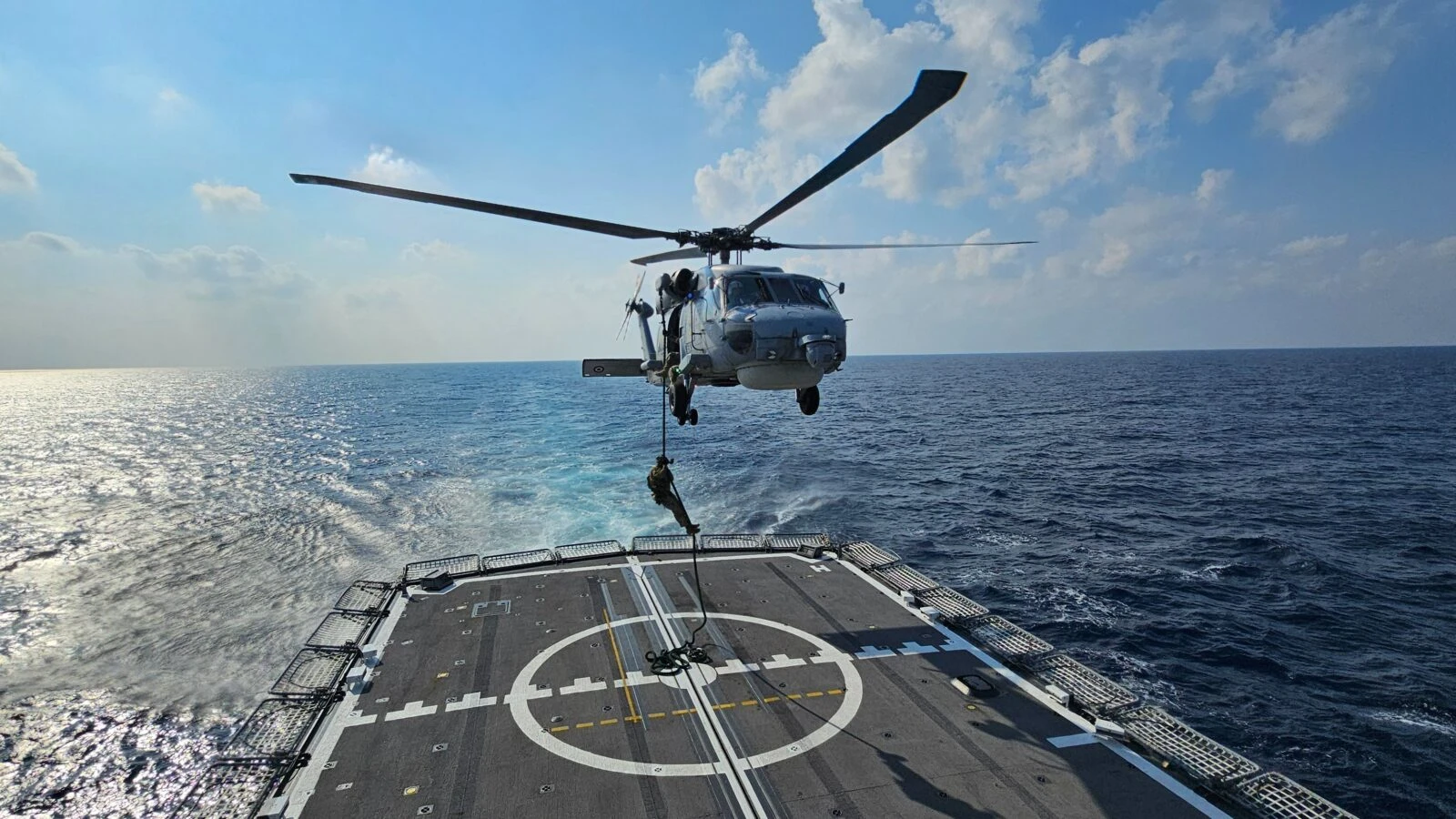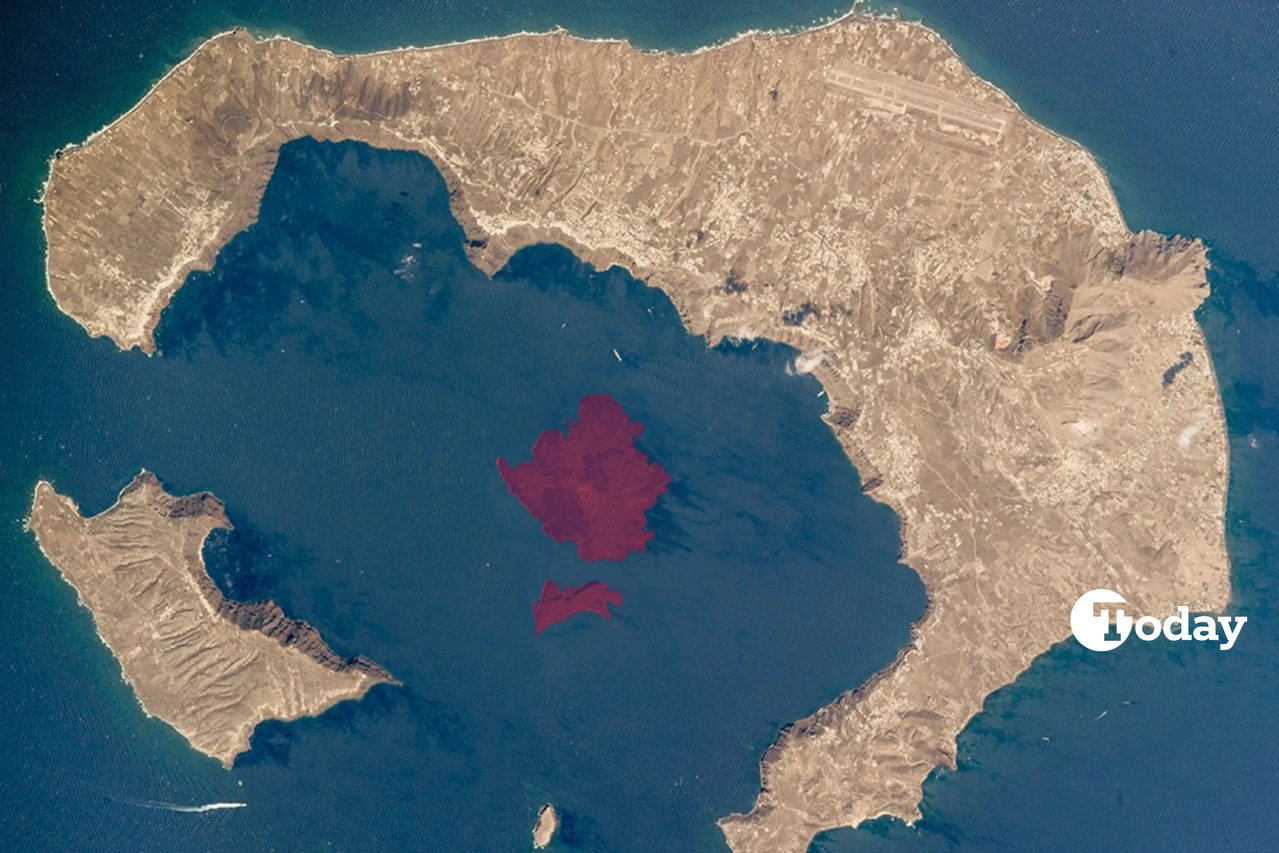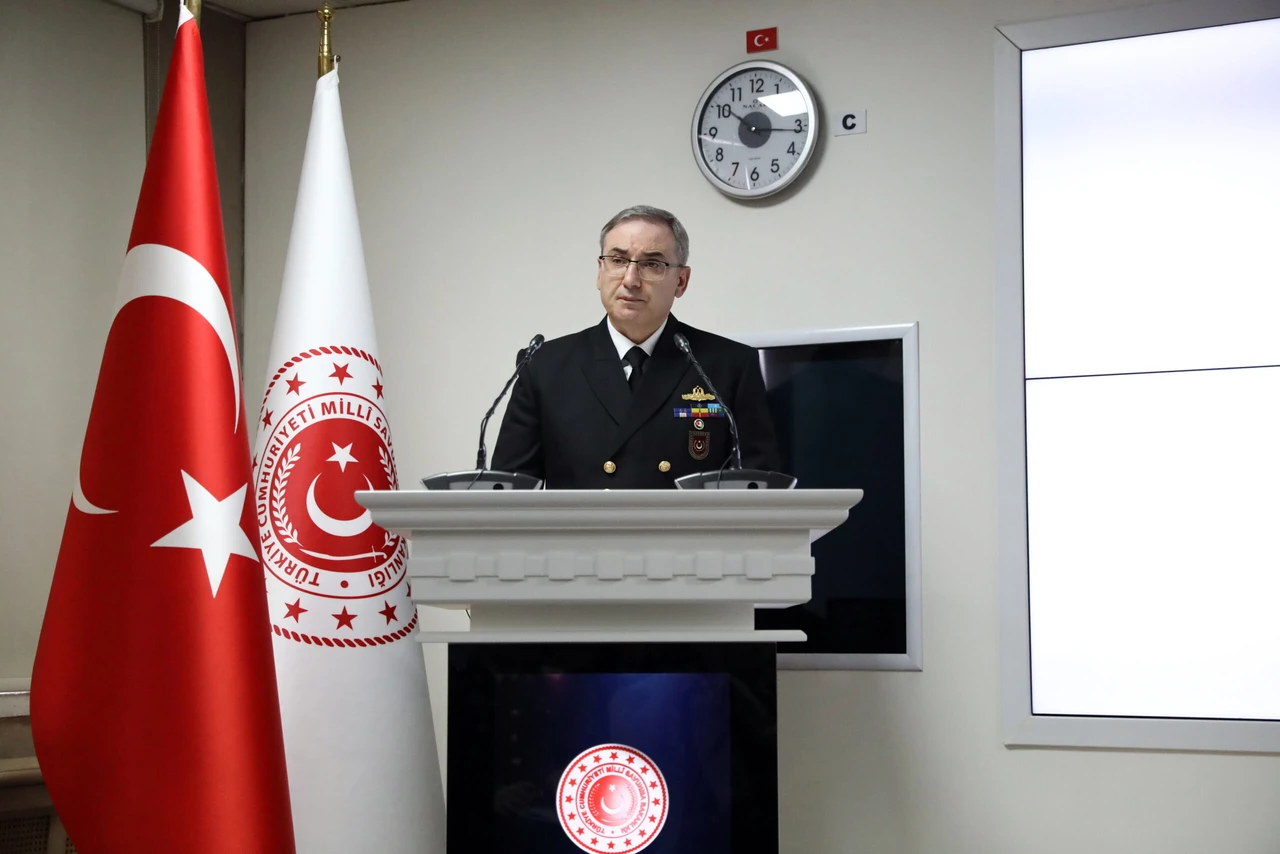Trump’s approach could boost Türkiye’s role in Europe’s defense strategy: Experts
 NATO Allied Land Command (LANDCOM) HQ in Izmir, Türkiye. (AA Photo)
NATO Allied Land Command (LANDCOM) HQ in Izmir, Türkiye. (AA Photo)
Policy analysts based in Brussels suggest that U.S. President Donald Trump’s foreign policy approach toward Europe could underscore Türkiye’s critical role in the continent’s security and defense strategy.
Trump’s administration, which began on Jan. 20, issued strong statements regarding European security at the Munich Security Conference (MSC) from Feb. 14-16.
The messages emphasized that European allies should take full responsibility for their own defense, with increased military spending reaching 5% of gross domestic product (GDP), up from the current average of 1.9%.
In response to these developments, French President Emmanuel Macron convened a security summit in Paris on Feb. 17, gathering leaders from the European Union, NATO, the U.K., Germany, Italy, Poland, Spain, the Netherlands and Denmark to discuss a new security architecture for Europe.

Türkiye’s NATO role more significant than ever
Amanda Paul, a senior analyst at the Brussels-based European Policy Centre, stated that Trump’s threats to withdraw U.S. forces from Europe highlight Türkiye’s growing significance for the continent’s stability.
“Türkiye’s contributions will become increasingly vital for Europe’s security. The EU must enhance security and defense cooperation with Türkiye to strengthen Europe’s military capacity,” Paul said.
She emphasized that Türkiye, marking its 73rd year as a NATO member on February 18, has consistently played a key role in NATO missions worldwide, including Afghanistan and Iraq.
“Türkiye has been a crucial NATO member for 73 years, contributing significantly to missions and operations, ranking among the top five contributors,” she noted.
“Unlike many European countries, Türkiye continues to invest in its military. It has NATO’s second-largest army after the U.S. and is equipped with modern weaponry.”
Paul also pointed to Türkiye’s role in NATO’s Kosovo Force (KFOR) mission and its continued support for European security amid the Russia-Ukraine war.
“Many European countries have insufficient military capacity due to years of underinvestment. The EU must integrate Türkiye into its security and defense efforts. Excluding Türkiye from initiatives like Permanent Structured Cooperation (PESCO) has been a strategic oversight,” she added.

Türkiye’s defense innovation advantage
Koert Debeuf, a professor of international relations at the Vrije Universiteit Brussel and a former advisor to the Belgian Prime Minister, stated that the EU was caught off guard by Trump’s stance at the Munich Security Conference.
“The EU did not anticipate such a hardline approach from the Trump administration. Europe is now looking for a path forward,” Debeuf said.
He emphasized Türkiye should be considered an integral part of European defense planning.
“If we’re discussing a European army or NATO forces based in Europe, excluding Türkiye would be a mistake. When it comes to innovation and warfare technology, especially in drone development, Türkiye is far ahead,” he stated.

Türkiye’s growing strategic importance in NATO
Samuel Doveri Vesterbye, director of the Brussels-based European Neighbourhood Council, echoed concerns over Washington’s shifting policy direction.
“The new U.S. administration is attempting to weaken European nations, including Türkiye,” he claimed.
“It is evident that Europe cannot defend itself against Russia without a strong partnership with Ankara.”
Vesterbye added that recent U.S. policy shifts should serve as an incentive for EU nations to strengthen partnerships with non-EU allies, such as Türkiye and the U.K.
“With the U.S. showing less interest in Europe’s security, Türkiye has become even more essential for NATO. Threats are evolving in ways that were unimaginable decades ago,” he concluded.



